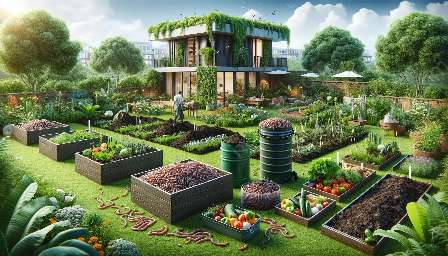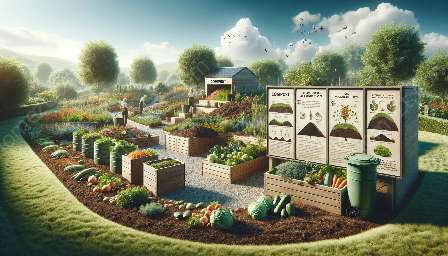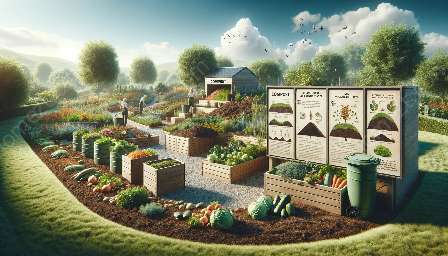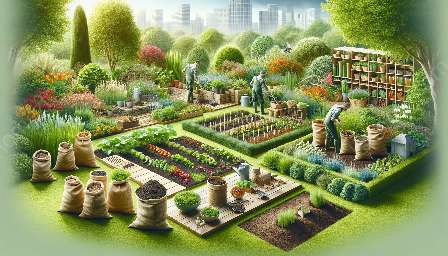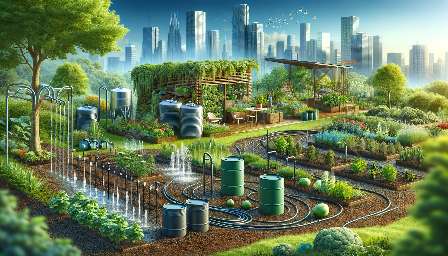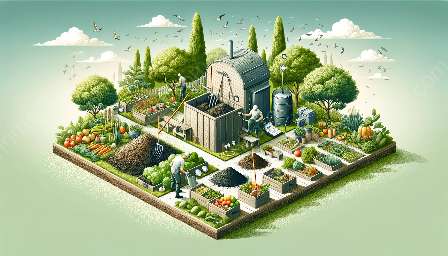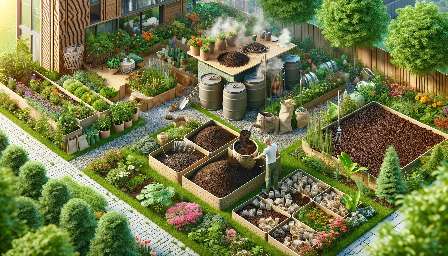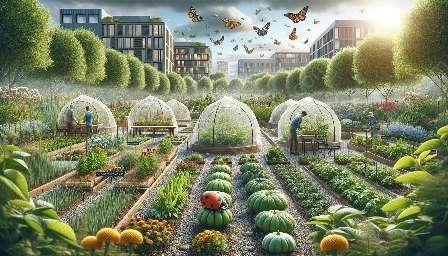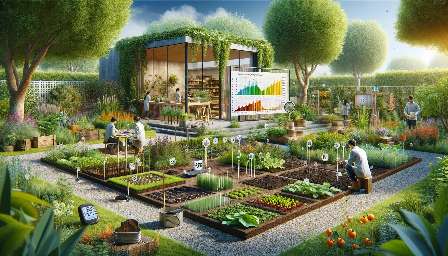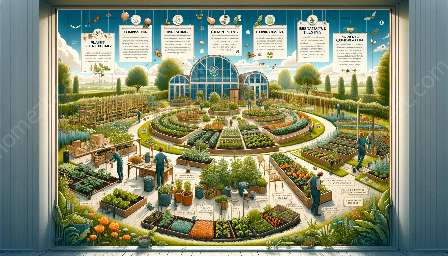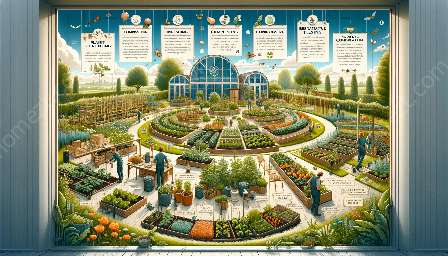Organic gardening, with its dedication to sustainable and eco-friendly practices, emphasizes the use of natural pest management techniques. This approach seeks to minimize the negative impact of pests on crops and plants without relying on synthetic chemicals. Integrating natural pest management into your organic gardening practices can lead to healthy and thriving plants, while also promoting overall ecosystem balance and biodiversity.
Understanding Natural Pest Management
Natural pest management, also known as biological control or integrated pest management (IPM), involves using natural, non-toxic methods to manage and control pests in the garden. This approach focuses on preventing pest problems, identifying and monitoring potential threats, and implementing strategies to minimize pest damage without harming the environment.
Composting and Natural Pest Management
Composting plays a crucial role in natural pest management within organic gardening. When you compost organic matter, you create a fertile environment that promotes beneficial microbes and organisms, including predators and parasites of common garden pests. These natural allies help maintain a balanced ecosystem, effectively keeping pest populations in check without the need for harmful chemicals.
Organic Gardening Practices and Natural Pest Management
Organic gardening and natural pest management go hand in hand. By focusing on enhancing soil health, biodiversity, and ecological balance through organic gardening practices such as companion planting, crop rotation, and using natural fertilizers, you create an environment that naturally deters pests and promotes the growth of healthy, resilient plants. The use of physical barriers, such as row covers and netting, also aligns with organic gardening principles and aids in pest prevention.
Implementing Natural Pest Management Techniques
There are numerous eco-friendly solutions for managing pests in an organic garden. These include using beneficial insects like ladybugs and lacewings, practicing crop rotation to disrupt pest life cycles, and employing natural repellents such as neem oil and garlic spray. Additionally, introducing trap crops and providing habitats for pest predators are effective natural pest management strategies that work in harmony with composting and organic gardening.
Tackling Pests in Your Garden
With the principles of natural pest management, composting, and organic gardening in mind, it's possible to take a proactive approach to pest control in your garden. By fostering a healthy and diverse ecosystem, you can reduce the need for chemical interventions and create a sustainable environment that supports beneficial organisms while minimizing the impact of harmful pests on your plants.
In conclusion, natural pest management in organic gardening, when complemented by the principles of composting and organic gardening, offers a holistic and environmentally responsible approach to pest control. By integrating these practices, you contribute to the health and well-being of your garden while promoting a more sustainable and eco-friendly form of agriculture.


